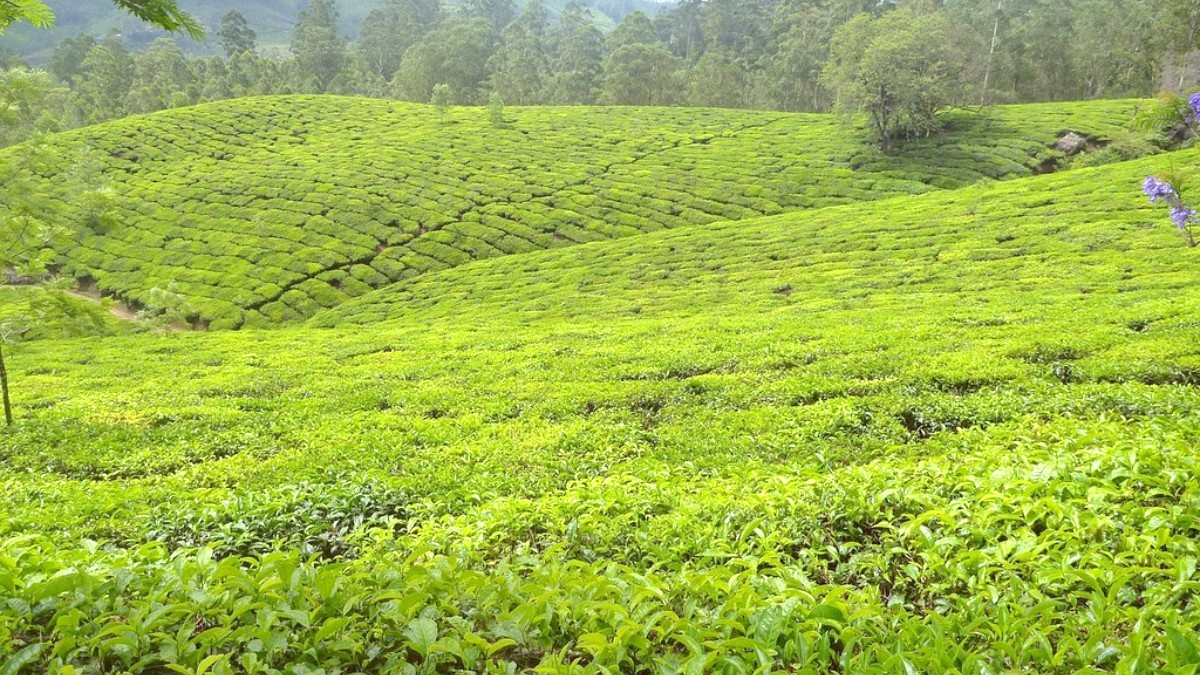
Northeast States, India
Assam is critical for rhino, tiger, and elephant conservation.
Minimize single-use plastics and dispose of waste responsibly.
Be mindful of water usage, especially in accommodations.
Engage with Assamese culture respectfully to ensure positive interactions and preserve local heritage.
Support initiatives that preserve local crafts, traditional arts (like Sattriya dance or mask making), and historical sites.
Dressing modestly shows respect for local customs. Learning a few basic Assamese phrases also shows interest.
Be mindful of people's privacy. Avoid intrusive photography without consent. Some tribal communities may prefer not to be photographed. Avoid military or sensitive sites.
Sustainable GearMaintain silence; do not interrupt prayers or rituals. Follow specific rules (e.g., circumambulation direction, dress codes). Avoid touching idols or religious objects without permission.
Reusable ProductsYour conscious choices can greatly contribute to the preservation of Assam's unique cultural fabric and traditions.
Your travel choices directly influence local economies. Support practices that benefit communities.
Prioritize locally owned homestays (e.g., on Majuli Island), eating at local restaurants, and hiring local guides.
Purchase local handicrafts directly from artisans or from government-run handicraft emporiums.
Be aware of issues like child labor and avoid any activity that may exploit vulnerable populations or animals.
Avoid any activity that exploits vulnerable populations or animals.
Do not engage in activities that involve animal cruelty (e.g., exploitative animal shows).
Donate through reputable local NGOs or established community development projects rather than directly to beggars. The Rainforest Site.